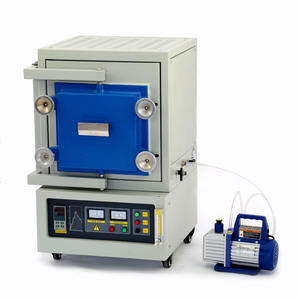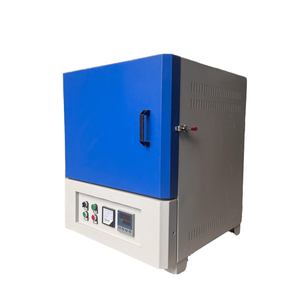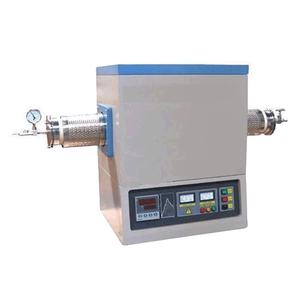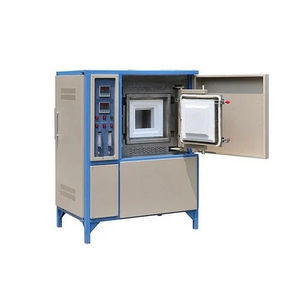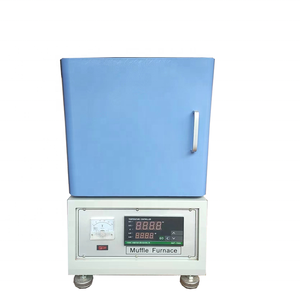Artisan Furnaces - Quality Craftsmanship Tools for Global Artists
(Sodium Silicate: A Versatile Compound Driving Innovation and Sustainability sodium silicate glass)
Sodium Silicate: A Versatile Substance Driving Advancement and Sustainability
Introduction and Fundamental Characteristics
Sodium silicate, generally referred to as water glass, is a multifunctional compound that plays an important role in farming, building products, commercial handling, and environmental protection. As a not natural substance with the chemical formula Na ₂ O · nSiO ₂ (where n generally ranges from 2 to 3), it contains sodium oxide (Na ₂ O) and silicon dioxide (SiO ₂). Salt silicate exhibits outstanding water solubility, thermal stability, and chemical security, keeping efficiency across different settings. In addition, it poses marginal ecological harm, as it does not release dangerous gases or hefty steel ions, lining up with modern culture’s environmental protection standards. These buildings make sodium silicate appropriate for usage as adhesives, fire-resistant coatings, cleansing representatives, and water softeners. Its distinct chemical structure endows it with numerous practical characteristics, such as enhancing worldly toughness, improving fire resistance, and enhancing surface covering high quality.
In farming, salt silicate advertises root development and photosynthesis efficiency in plants, improves plant resilience against damaging problems, minimizes pesticide use, and enhances dirt framework and fertility, contributing to lasting farming techniques. Specifically, salt silicate provides essential salt elements to plants, improves soil physical homes, increases soil leaks in the structure and water retention, aiding vegetation healing and environment repair. Therefore, salt silicate plays a critical function in advertising eco-friendly farming, making sure higher yields and much better plant top quality. Furthermore, it effectively stops bugs and diseases, even more lowering dependence on chemical pesticides and protecting the environment.
(Sodium Silicate)
Advancement and Optimization of Prep Work Techniques
The prep work strategies for sodium silicate have evolved from traditional approaches to innovative synthesis paths. Early approaches primarily entailed combination or wet processes. The fusion approach entails blending a certain ratio of salt salts and quartz sand, heating them to heats up until they melt, and after that cooling them into solid blocks; the wet process involves responses in fluid stage to straight produce sodium silicate remedies. Although these approaches are straightforward, they deal with high power consumption and irregular item quality. Over the last few years, researchers have established much more reliable and eco-friendly prep work methods. For example, the alkaline leaching-precipitation approach creates high-purity sodium silicate powders at lower temperatures, lowering energy consumption and boosting yield. Additionally, research study right into using biomass waste as resources has attained significant progress, advertising source recycling.
To meet expanding market needs, researchers continually explore means to optimize existing manufacturing procedures, minimize costs while making certain regular top quality. Advanced automation systems and modern technologies now make it possible for large constant manufacturing of salt silicate, substantially promoting its business application. This not just improves production performance but also decreases production costs, making salt silicate viable for wider applications. Furthermore, researchers are continuously improving preparation processes to achieve higher-quality products. By controlling response conditions and including appropriate modifiers, the molecular structure and performance of salt silicate can be adjusted to much better meet the demands of various industries. With technical advancements and altering social demands, the preparation techniques for salt silicate will remain to develop in the direction of greater efficiency and environmental kindness.
(Sodium Silicate)
Comprehensive and Extensive Application Impact
Sodium silicate finds extensive and profound applications throughout multiple fields. In agriculture, it acts as a reliable liquid plant food, promoting origin advancement and photosynthesis efficiency, protecting against bugs and illness, enhancing soil structure, and improving dirt fertility. In construction products, salt silicate dramatically increases concrete toughness and durability, prolonging structure lifespans, and is made use of in specialty building and construction materials like fire-resistant finishes and insulation, boosting building safety and power performance. In commercial applications, salt silicate works as a flux, strengthener, and mold and mildew launch representative, improving item quality and processing efficiency. In environmental protection, salt silicate shows tremendous potential for treating wastewater by adsorbing heavy metal ions and preventing second contamination; as a dirt removal representative, it assists recover polluted land by enhancing soil structure, raising permeability and water retention, aiding plant life recuperation and ecological community restoration.
Due to its superb biodegradability and reduced toxicity, salt silicate is taken into consideration a suitable eco-friendly chemical product, appealing wider applications in ecological markets. Particularly, sodium silicate can repair hefty steel ions in wastewater through adsorption, avoiding additional air pollution; in soil remediation, it improves soil structure, raising leaks in the structure and water retention, assisting plants healing and ecosystem repair. Furthermore, salt silicate shines in cleaning representatives and water conditioners. As a natural cleaning agent, salt silicate properly eliminates stubborn stains like oil and corrosion without triggering ecological pollution. Moreover, it has outstanding water softening effects, binding calcium and magnesium ions in water to avoid range formation and safeguard pipes and equipment from damages. Therefore, in home cleansing items, commercial cleansers, and central heating boiler water therapy, salt silicate is a perfect choice.
(Sodium Silicate)
Addressing Obstacles and Future Instructions
Regardless of considerable success, difficulties stay in minimizing production costs, making sure constant top quality, and creating innovative applications for salt silicate. Production expenses are still a worry despite new approaches substantially reducing energy and basic material consumption. Broadening market share requires exploring even more economical production procedures. Quality control is an additional crucial problem, as different markets have differing needs for salt silicate top quality. Ensuring constant and stable item quality stays an essential challenge. Additionally, with raising environmental recognition, developing greener and a lot more eco-friendly salt silicate products is an important future instructions.
Looking in advance, research and development in salt silicate will concentrate on enhancing production effectiveness, lowering expenses, and increasing application areas. Researchers are proactively exploring new synthesis innovations and alteration approaches to attain remarkable performance and lower-cost items. As environmental worries expand, looking into salt silicate products with greater biodegradability and lower toxicity will certainly become progressively essential. Furthermore, the possible applications of sodium silicate in arising fields like renewable energy and advanced materials hold pledge for brand-new technical advancements. In general, salt silicate, as a multifunctional and eco-friendly compound, has currently played a significant function in multiple sectors. With technical innovations and progressing social needs, the application leads of salt silicate will expand, adding more to the sustainable growth of various markets.
TRUNNANO is a supplier of Sodium Silicate with over 12 years of experience in nano-building energy conservation and nanotechnology development. It accepts payment via Credit Card, T/T, West Union and Paypal. Trunnano will ship the goods to customers overseas through FedEx, DHL, by air, or by sea. If you want to know more about Potassium SilicateSodium Silicate, please feel free to contact us and send an inquiry(sales5@nanotrun.com).
All articles and pictures are from the Internet. If there are any copyright issues, please contact us in time to delete.
(Sodium Silicate: A Versatile Compound Driving Innovation and Sustainability sodium silicate glass)

